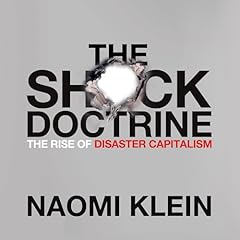
The Principles of Communism
No se pudo agregar al carrito
Add to Cart failed.
Error al Agregar a Lista de Deseos.
Error al eliminar de la lista de deseos.
Error al añadir a tu biblioteca
Error al seguir el podcast
Error al dejar de seguir el podcast
 Exclusivo para miembros Prime: ¿Nuevo en Audible? Obtén 2 audiolibros gratis con tu prueba.
Exclusivo para miembros Prime: ¿Nuevo en Audible? Obtén 2 audiolibros gratis con tu prueba.Compra ahora por $5.80
-
Narrado por:
-
Joseph Kent
-
De:
-
Friedrich Engels
The Principles of Communism by Friedrich Engels is a foundational political text that outlines the core tenets of communism in a concise and accessible format. Written in 1847 as a preparatory document for the Communist League, the book is structured as a series of questions and answers, making it straightforward for listeners to grasp.
Engels explores key concepts such as the historical development of class struggles, the rise of capitalism, the exploitation of the working class, and the necessity of a proletarian revolution. He advocates for the abolition of private property, the establishment of collective ownership of the means of production, and the eventual creation of a classless, stateless society.
Serving as a precursor to *The Communist Manifesto*, this work provides invaluable insights into the ideological foundations of Marxist theory and remains an important text in the history of socialist thought.
Public Domain (P)2024 Quill PublishingLos oyentes también disfrutaron:




















Las personas que vieron esto también vieron:




















